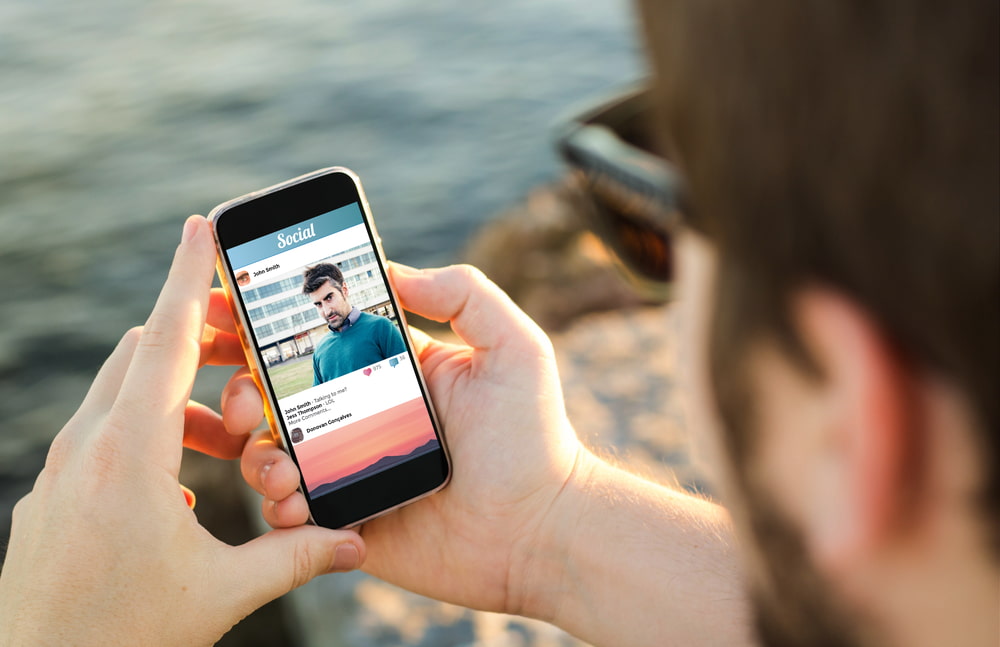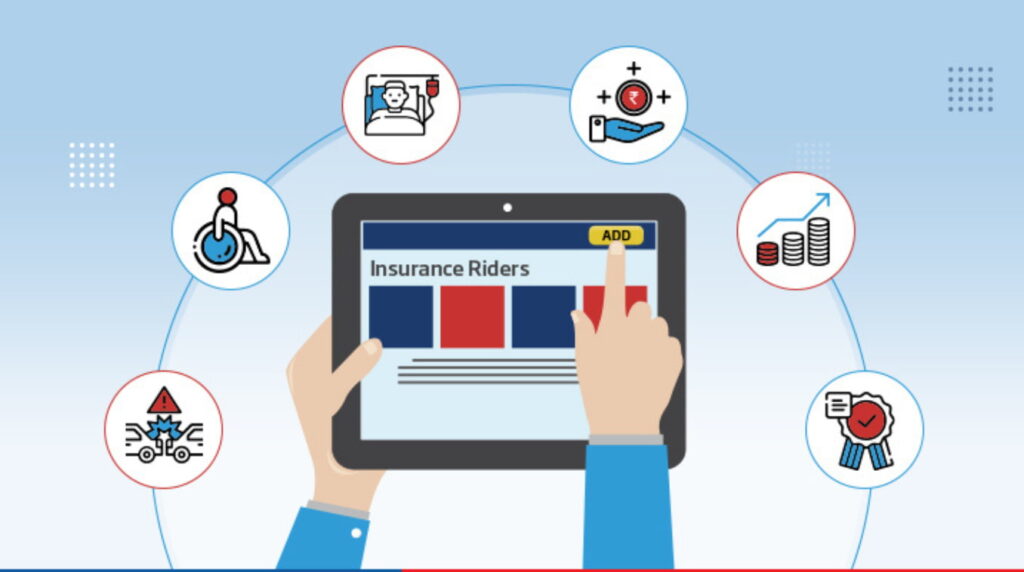Influencer clout in a nutshell
A paradigm shift in the marketing industry towards the use of social media influencers could potentially raise alarms for brands partnering with them. An influencer is an online personality that consistently shares content to an engaged following base. According to Rachel David, founder of Hashtag Communications Inc, influencer marketing is a $4.5 billion industry. The Corporate Counsel Business Journal (CCBJ) predicts its growth to 10 billion dollars by 2020. Millennials, being the main demographic involved. Indeed, partnering with influencers can be an effective way to boost your brand’s sales.
A survey conducted by Collective Bias, involving 14, 000 participants in the US, shows that 70% of purchases made by millennials were influenced by peer recommendations. The sense of relatability and trust created by influencers impacts people in similar ways friendships do. This is an important contrast to the 3% of consumers influenced by celebrity endorsements. Transparency between consumer and advertiser, inherent in influencer clout, is what companies are finding marketable.
Is your brand at risk?
Keep in mind that marketing through social media is a new industry. Insurance for a brand–influencer partnership is consequently, underdeveloped. Risks your brand faces are usually within the realm of intellectual property violations and damage to brand credibility from deceptive posting. In the United States, such hazards are arduously regulated by the Federal Trade Commission (FTC) under the Guides Concerning the Use of Endorsements and Testimonials in Advertising. The UAE on the other hand, follows media regulations stated in the National Media Council Advertising Guide. Article 19 states: “All paid advertising material must be explicitly and clearly stated as paid advertising”. Such guides have proven particularly effective when holding influencers and brands accountable for misleading advertisements regarding health-related substances. Indeed, the UAE fines Dh5,000 for first time violators and a whopping Dh20,000 for second time offenders.
Brands following their countries’ media regulations, however, should face little risk from hiring an influencer. Depending on how engaged the following base of the influencer is, it could massively boost sales. Nik Mircovic and Alex Tomic, founders of the extremely photographable, HiSmile brand, signed up Instagram influencer Kylie Jenner in 2016. With 74 million followers hitting their targeted demographic, one post by Jenner caused this brand’s sales to skyrocket.
Coverage, although following traditional corporate insurance policies, can nevertheless, still be provided for those facing accountability. This includes both commercial general liability (CGL), covering advertisement damages, as well as the directors and officers liability insurance (D&O), covering deceptive posts. For instance, American retailer brand, Lord & Taylor, was charged by the FTC for failing to disclose their paid advertisement campaign for the 2015 Design Lab Collection Launch. The FTC’s press release states 50 fashion influencers were involved in the string of deceptive posts, earning “thousands of dollars for their endorsement”. The civil penalty for such violations may reach up to $16, 000. Truth be told, this marketing fraud was a success! Dresses from the #DesignLab collection sold out.
Getting insured for similar scandals is possible. Although D&O typically covers wrongful acts against a brand’s directors and officers, according to the CCBJ, “these policies also offer optional entity coverage for wrongful acts alleged against the company itself”. A D&O insurance policy could cover defense costs such as “corporate response costs for regulatory investigations… third party lawsuits, fines, and penalties”. Brands are nonetheless encouraged to view policies with scrutiny. There may be policy exclusions to certain modern contexts in traditional corporate insurance contracts.
Easy steps to staying safe
- Do extensive research before considering partnering with an influencer. Work they’ve done with other brands and past content may determine if they are the right fit for your brand’s vision.
- Clearly state the rules and regulations the influencer is responsible to uphold. In Dubai, Youtube influencers are required to disclosed sponsored content in the first 30 seconds of the video. On Instagram, “#ad” or “#sponsored” is sufficient, given that it is not buried in a stream of other hashtags. Additionally, certain content such as tobacco advertisements is prohibited. Such regulations hope to avoid misleading followers and making it easier to identify paid and unpaid posts.
- Periodically monitor the influencer’s feed to make sure they stay in line with values your brand would like to stay associated with.
- Follow your national advertisement guides. Whether in the US or Dubai, influencers must disclose their partnership with brands if its sponsored content. Secondly, brands must not pay influencers to publicly like or comment on posts, as this does not allow for disclosure. Finally, brands must showcase truthful testimonials exposing a range of possible results customers can realistically expect.
- Get insured. Insurance policies are slowly adapting to dynamic corporate relationships with social media. Avoid scandals and hefty fines. Ask Petra Insurance what insurance policies your brand should confide in.

RAMZI GHURANI
Managing Partner




